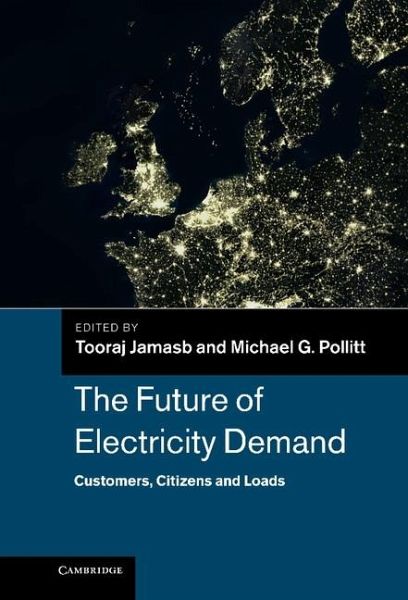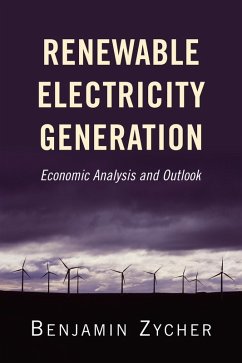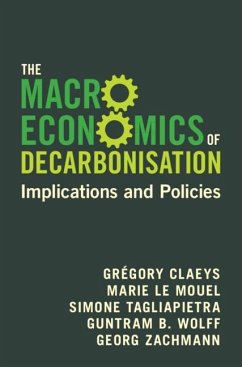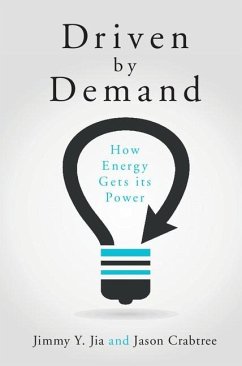
Future of Electricity Demand (eBook, ePUB)
Customers, Citizens and Loads
Redaktion: Jamasb, Tooraj
Versandkostenfrei!
Sofort per Download lieferbar
24,95 €
inkl. MwSt.
Weitere Ausgaben:

PAYBACK Punkte
12 °P sammeln!
What will electricity and heat demand look like in a low-carbon world? Ambitious environmental targets will modify the shape of the electricity sector in the twenty-first century. 'Smart' technologies and demand-side management will be some of the key features of the future of electricity systems in a low-carbon world. Meanwhile, the social and behavioural dimensions will complement and interact with new technologies and policies. Electricity demand in the future will increasingly be tied up with the demand for heat and for transport. The Future of Electricity Demand looks into the features of...
What will electricity and heat demand look like in a low-carbon world? Ambitious environmental targets will modify the shape of the electricity sector in the twenty-first century. 'Smart' technologies and demand-side management will be some of the key features of the future of electricity systems in a low-carbon world. Meanwhile, the social and behavioural dimensions will complement and interact with new technologies and policies. Electricity demand in the future will increasingly be tied up with the demand for heat and for transport. The Future of Electricity Demand looks into the features of the future electricity demand in light of the challenges posed by climate change. Written by a team of leading academics and industry experts, the book investigates the economics, technology, social aspects, and policies and regulations which are likely to characterize energy demand in a low-carbon world. It provides a comprehensive and analytical perspective on the future of electricity demand.
Dieser Download kann aus rechtlichen Gründen nur mit Rechnungsadresse in A, B, BG, CY, CZ, D, DK, EW, E, FIN, F, GR, HR, H, IRL, I, LT, L, LR, M, NL, PL, P, R, S, SLO, SK ausgeliefert werden.













